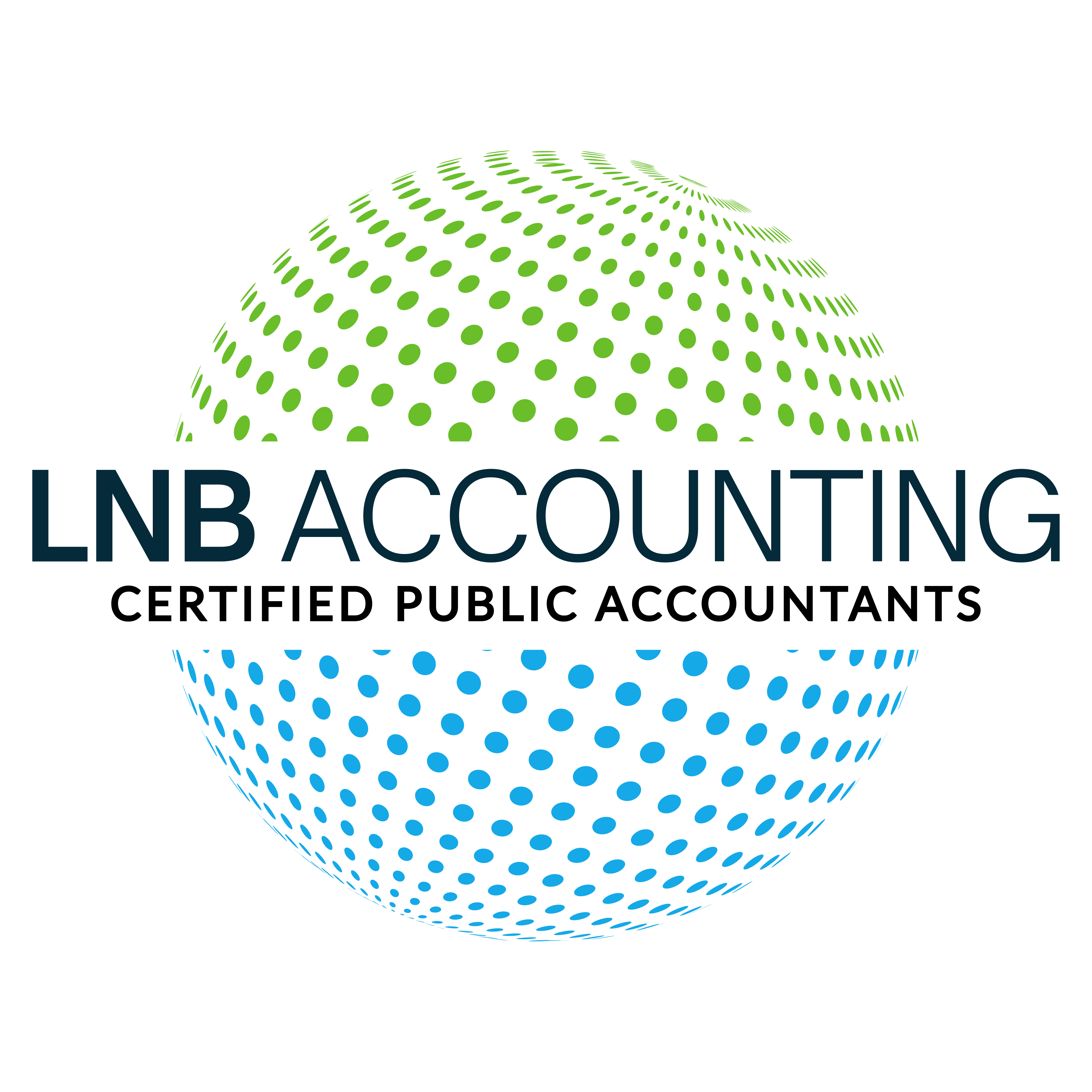
Managing a 401(k) plan comes with significant responsibilities. When your plan requires an audit, selecting the right CPA firm can make all the difference between a smooth process and a stressful experience. The audit isn’t just regulatory. It’s an opportunity to make sure your plan operates efficiently and complies with evolving regulations.
For many business owners and plan administrators, the 401(k) audit requirement can feel overwhelming. You want an auditor who understands your business needs, communicates clearly, and delivers accurate results on time. But how do you find the right match?
This guide walks you through the essential questions to ask potential 401(k) auditors, helping you make an informed decision that protects both your business and your employees’ retirement security.
401(k) Audit Basics
Understanding the fundamentals of a 401(k) audit is crucial for ensuring compliance and protecting the interests of your plan participants.
What is a 401(k) Audit?
A 401(k) audit is a detailed examination of your company’s retirement plan to confirm if it’s operating in compliance with the Employee Retirement Income Security Act (ERISA) and the regulations set by the IRS. These audits are more than just a formality. They’re a critical safeguard to protect the interests of plan participants and protect the financial integrity of the plan. The goal is to verify that the plan is being managed correctly, that contributions are accurate, and that assets are properly accounted for.
Who Needs a 401(k) Audit?
Generally, if your 401(k) plan has 100 or more eligible participants at the beginning of the plan year, you’re required to have an audit performed by an independent qualified public accountant. There’s also the “80-120 participant rule,” which allows a plan with between 80 and 120 participants at the beginning of the plan year to file the same type of return as the prior year. This means if you filed as a small plan (less than 100 participants) last year, you can continue to do so this year, even if you now have between 80 and 120 participants. Understanding these thresholds is key to making sure you stay compliant.
Audit Timeline
Time is of the essence. The audit usually needs to be completed within seven months after the end of the plan year. For example, if your plan year ends on December 31st, the audit report is due by July 31st of the following year. This deadline aligns with the filing of Form 5500, which includes the audit report as an attachment. Missing these deadlines can result in penalties, so staying organized and proactive is essential.
Preparing For A 401(k) Audit
By organizing essential documents and implementing best practices, you can streamline the audit process, reduce potential issues, and ensure compliance.
Essential Documents
Before the 401k audits begin, it’s wise to gather all necessary documents. Here’s a checklist to help you get started:
- Plan Document: This is the cornerstone of your 401(k) plan, outlining the rules, eligibility requirements, and operational procedures.
- Service Agreements: Contracts with third-party administrators (TPAs), custodians, and investment managers detailing their responsibilities.
- SOC-1 Reports: These reports from service organizations provide assurance about their internal controls over financial reporting.
- Form 5500: The annual return/report filed with the Department of Labor, providing details about the plan’s financial condition and operations.
- Payroll Records: Detailed records of employee contributions, employer matching contributions, and any loan repayments.
- Bank Statements: Monthly statements for all plan-related bank accounts.
- Investment Statements: Quarterly or monthly statements showing the performance of plan investments.
- Participant Data: Accurate records of participant information, including eligibility, contributions, and distributions.
Best Practices for Preparation
Want to make the process smoother? Here are some tips:
- Early Submission of Documents: Provide all requested documents to the 401(k) auditors as early as possible to avoid delays.
- Verify Plan Documents: Make sure your plan document is up-to-date and reflects any amendments or changes made during the plan year.
- Reconcile Contributions: Double-check that all contributions made to the plan match payroll records and bank statements.
- Assess Internal Controls: Review your internal controls to confirm that they are adequate to prevent errors or fraud.
- Ensure Auditor Access to TPA Systems: Facilitate access for the auditor to relevant systems used by your TPA to streamline the audit process.

15 Top Questions To Ask When Hiring 401(k) Auditors
To help you find the best fit, here are 15 essential questions to ask:
- What Experience Do You Have with 401(k) Audits?
- Why it Matters: Experience is vital. An auditor with a track record of successful 401(k) audits is more likely to identify potential issues and manage complex regulations effectively.
- What to Look For: Ask for specifics. How many years have they been performing these audits? What types of plans have they audited (e.g., defined contribution, defined benefit)? Do they have experience with plans in your industry?
- How Many Employee Benefit Plan Audits Do You Conduct Annually?
- Why it Matters: The number of audits an auditor conducts annually indicates their level of specialization and familiarity with ERISA regulations.
- What to Look For: A firm that dedicates a significant portion of their practice to employee benefit plan audits is more likely to have the expertise you need. A higher number generally means they’re more specialized.
- What Types of Employee Benefit Plans Do You Audit?
- Why it Matters: Not all employee benefit plans are the same. A 401(k) plan has unique characteristics compared to, say, a pension plan.
- What to Look For: Make sure the auditor has specific experience with 401(k) plans. Ask about their experience with different types of 401(k) plans, such as those with employee stock ownership plans (ESOPs) or self-directed brokerage accounts.
- Are You Independent and Unbiased?
- Why it Matters: Independence is a cornerstone of auditing. 401(k) auditors must be free from any conflicts of interest that could compromise their objectivity.
- What to Look For: Confirm that the auditor meets the independence requirements outlined by the AICPA and the Department of Labor. Ask them to disclose any relationships or services they provide to your company or its affiliates that could potentially impair their independence.
- What Certifications Do Your Auditors Hold?
- Why it Matters: Certifications indicate that the auditor has met certain professional standards and has demonstrated competence in their field.
- What to Look For: Look for auditors who are Certified Public Accountants (CPAs) and who have specific training in employee benefit plan audits. Membership in the AICPA’s Employee Benefit Plan Audit Quality Center is a plus.
- What is Your Audit Process?
- Why it Matters: Understanding the auditor’s methodology will give you insight into the scope and depth of their work.
- What to Look For: Ask for a detailed explanation of their audit process, including how they plan the audit, assess risk, test internal controls, and gather evidence. Find out if they use a risk-based approach to focus their efforts on areas of highest risk.
- How Do You Handle Audit Findings and Recommendations?
- Why it Matters: The auditor’s approach to addressing audit findings is crucial. You want an auditor who is proactive in identifying and resolving issues.
- What to Look For: Inquire about their process for communicating audit findings, their approach to developing recommendations for corrective action, and their willingness to work with you to implement those recommendations.
- What Support Do You Offer During the Audit Process?
- Why it Matters: Good 401(k) auditors should provide ongoing support and guidance throughout the audit process, not just at the end.
- What to Look For: Ask about their availability to answer questions, provide clarification, and offer assistance with gathering documents and preparing schedules. Find out if they have a dedicated team to support you during the audit.
- Can You Provide References from Previous Clients?
- Why it Matters: References offer valuable insights into the auditor’s performance, professionalism, and client service.
- What to Look For: Request references from clients with similar 401(k) plans to yours. Follow up with the references to ask about their experience working with the auditor, their level of satisfaction, and any challenges they faced.
- What Are Your Fees, and How Do You Structure Them?
- Why it Matters: Understanding the auditor’s fees is essential for budgeting and cost management.
- What to Look For: Ask for a detailed breakdown of their fees, including the hourly rates of the audit team members, the estimated number of hours required, and any additional costs for travel, lodging, or other expenses. Find out if they offer fixed fees or hourly rates and whether they require a retainer.
- Do You Offer Any Additional Services Beyond Auditing?
- Why it Matters: Some auditors offer additional services, such as consulting or advisory services, that can help you improve your 401(k) plan.
- What to Look For: Ask if they offer services such as plan design consulting, compliance reviews, or assistance with correcting plan errors. These services can be valuable in guaranteeing your plan is well-designed and compliant.
- How Do You Ensure Confidentiality and Data Security?
- Why it Matters: Protecting sensitive plan data is critical. You need to be confident that the auditor has strong security measures in place to prevent data breaches or unauthorized access.
- What to Look For: Inquire about their data security policies and procedures, including encryption, access controls, and data storage practices. Find out if they have a data breach response plan in place.
- What Technology Do You Use for Audits, and How Does It Enhance Efficiency?
- Why it Matters: Technology can play a significant role in streamlining the audit process and improving efficiency.
- What to Look For: Ask about the software and tools they use for audit planning, data analysis, and reporting. Find out if they use cloud-based platforms for secure document sharing and collaboration.
- How Do You Stay Updated with Regulatory Changes?
- Why it Matters: The regulatory environment for 401(k) plans is constantly changing. You need 401(k) auditors who stay informed about the latest changes and how they impact your plan.
- What to Look For: Ask about their process for staying up-to-date with regulatory changes, including attending conferences, participating in professional organizations, and subscribing to industry publications. Find out if they have a dedicated team that monitors regulatory developments. Be sure to stay up to date with the IRS.
- What Is Your Communication Style, and How Will You Keep Us Informed?
- Why it Matters: Clear and timely communication is essential for a successful audit. You need an auditor who is responsive, proactive, and able to explain complex issues in a way you can understand.
- What to Look For: Ask about their preferred methods of communication (e.g., email, phone, in-person meetings), their response time to inquiries, and their process for providing updates on the progress of the audit. Find out if they provide regular status reports or hold periodic meetings to discuss key issues.
By asking these fifteen questions, you’ll be well-equipped to choose an auditor who meets your needs for expertise, service, and value. Remember that the lowest fee doesn’t always represent the best value, especially when considering the potential costs of compliance issues or inefficient processes.
Contact us today to discuss your specific needs and discover how LNB Accounting can provide the expertise and support you deserve.
FAQs
What is a 401(k) audit, and why is it important?
It’s an examination to ensure your retirement plan complies with regulations, protecting participant interests and ensuring financial integrity.
Who needs a 401(k) audit?
Generally, plans with 100 or more eligible participants are required to have an audit.
How often should 401(k) plans be audited?
401(k) plans are audited annually to ensure compliance and accuracy.
What qualifications should I look for in a 401(k) auditor?
Look for CPAs with specific training in employee benefit plan audits and AICPA membership.
How do I assess an auditor’s independence?
Confirm they meet AICPA and Department of Labor independence requirements and disclose potential conflicts.
What if the audit finds issues or non-compliance?
A good auditor will provide recommendations for corrective actions and work with you to implement them.




